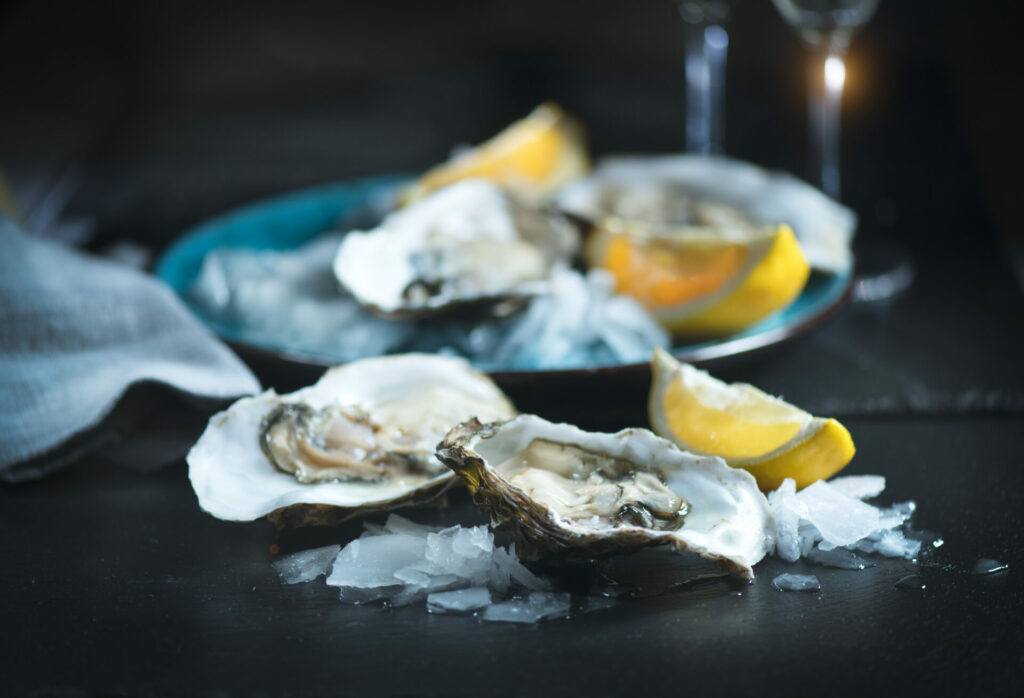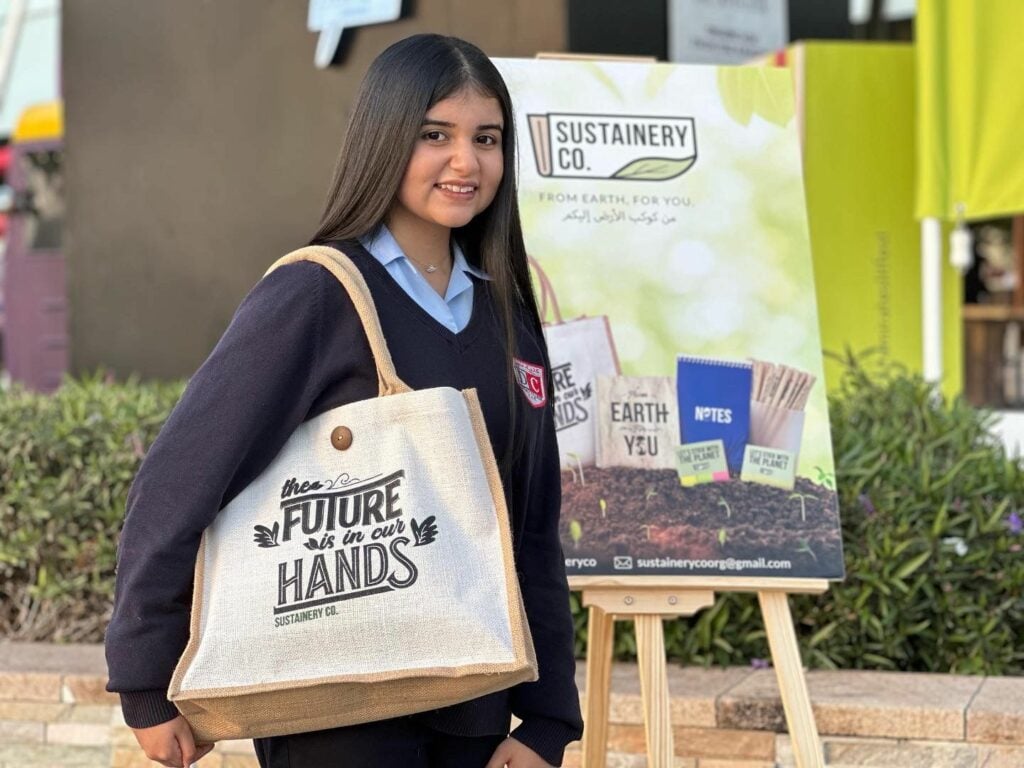The plant-based revolution is not just a Western trend, it is sweeping the globe, with even traditionally meat-centric cultures leaning towards more sustainable, health-conscious choices. The UAE is no exception, witnessing a noticeable shift in the dining landscape with vegan options becoming far more available both in restaurants and supermarkets.
At the heart of this change is the brand, Switch Foods and Edward Hamod, its passionate founder, who is redefining how the UAE thinks about meat. Switch isn’t just another plant-based brand on the market, it’s innovative in the way it matches the taste and texture of meat without compromising on nutritional value and importantly, with little environmental impact.
Livestock farming has an alarming ecological footprint. Beyond the significant water usage – it is estimated that livestock industries consume 13 per cent of the global water supply – and deforestation implications, the greenhouse gas emissions from the sector are substantial. Estimates claim that livestock farming accounts for between 14.0 to 17.3 per cent of global emissions, depending on whether CO2 emissions from grazing land are included.
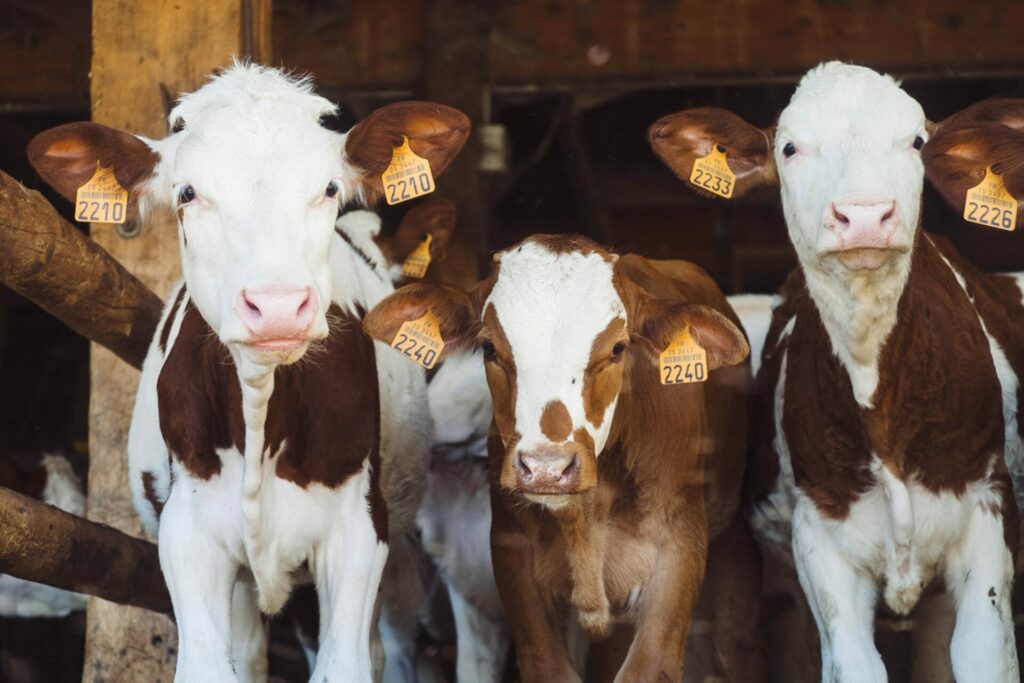
But it’s not just the planet that’s being adversely affected by the meat industry. Our health is suffering too. Our growing population is suffering from an array of lifestyle diseases such as type 2 diabetes, obesity and cardiovascular disease, often exacerbated by excessive meat consumption.
‘We can’t neglect the fact that as plant-based meat producers, some mistakes have been made. But publicity is always concentrated around the two big companies, yet there are 3,000 other plant-based meat producers out there that are healthy and sustainable’
The Ethicalist sat down to get Edward’s insights into the future of food, where taste, health, and ethics coexist.
TE: There’s a lot of bad press for meatless meat, that these kinds of foods are ultra processed, and bad for you. Is that a fact or is there an agenda to paint meat alternatives as unhealthy?
When you look at the meat as an industry, it’s a $1.2 or $1.3 trillion industry. So it’s huge. And if you look at the amount of people that make money out of that, they are not going to let it go easily. So yes, they didn’t pay attention to it for the first few years, but now it’s starting to make a dent, and that’s ruffling a few feathers.
Now, I believe, personally, that this is the main reason behind the negative claims, but this is not to neglect the fact that also as plant-based meat producers, some mistakes have been made. But publicity around plant-based meats are always concentrated around the two big companies, Beyond Meat and Impossible, yet there are 3,000 other plant-based meat producers that are healthy, that are sustainable, that are making a dent in the global plant-based meat market today.

So today, if we talk about Switch, and many other companies like us, what we’re trying to do is to learn from the mistakes that have happened in the plant-based meat business. So companies, because of their promises to investors, because of bad advice, because of overplaying the tech value of their businesses, compromised a little bit on many of their initial core values, health being one of them, and sustainability being another. So I’m not defending – actually, a lot of players have done more harm to the category than good – but we cannot generalise this around two main companies.
‘Vegetarians and vegans don’t need Switch Foods. My concern is convincing the meat eater to reduce their meat intake by offering them a great alternative, not through depriving them of something that they like’
TE: Many of the meatless meat varieties have a plethora of artificial ingredients, why did you decide to do things differently?
If you look at the list of ingredients on the back of some meatless meat packaging, it’s scary. That’s because of promises made to investors in the past that there would be a parity with meat. That led them to include artificial or synthetic ingredients like leghemoglobin or lecithin that consumers don’t want to see on an ingredients list. If you look at our list of ingredients, we tried to keep it very clean and short so consumers can take it, flip the back of the pack, read it, understand it, and have their conscience clear about it. We do have flavourings, but our flavours are plant derived and completely natural.

TE: How important is it that consumers reduce the amount of meat that they are consuming?
From many surveys, we have seen that the number one reason people educe their meat intake is health. Then it’s the environment, then it’s sustainability, then it’s animal welfare. But number one is health. But pushing people to change their habits is very difficult, so first we need to start by giving them an alternative, giving them a decent choice. Vegetarians and vegans don’t need Switch Foods. Vegetarians and vegans already have their sources of food. My concern is the meat eater to convince them to reduce their meat intake by offering them a great option, not through depriving them of something that they like.
TE: How are you convincing people to make the switch?
The number one issue is people don’t like to explore with food, especially in our region, we’re a very traditional part of the world. Their first touchpoint is sight, so we have to give them a product that looks like something they’re used to. The second touchpoint is how it smells when they open that package. The third touchpoint is how it cooks. It needs to cook exactly like something they’re used to. They don’t want to read the instructions on how to cook it. Cook it just like you’re cooking meat. The fourth touchpoint, and what creates repetition, is the taste.
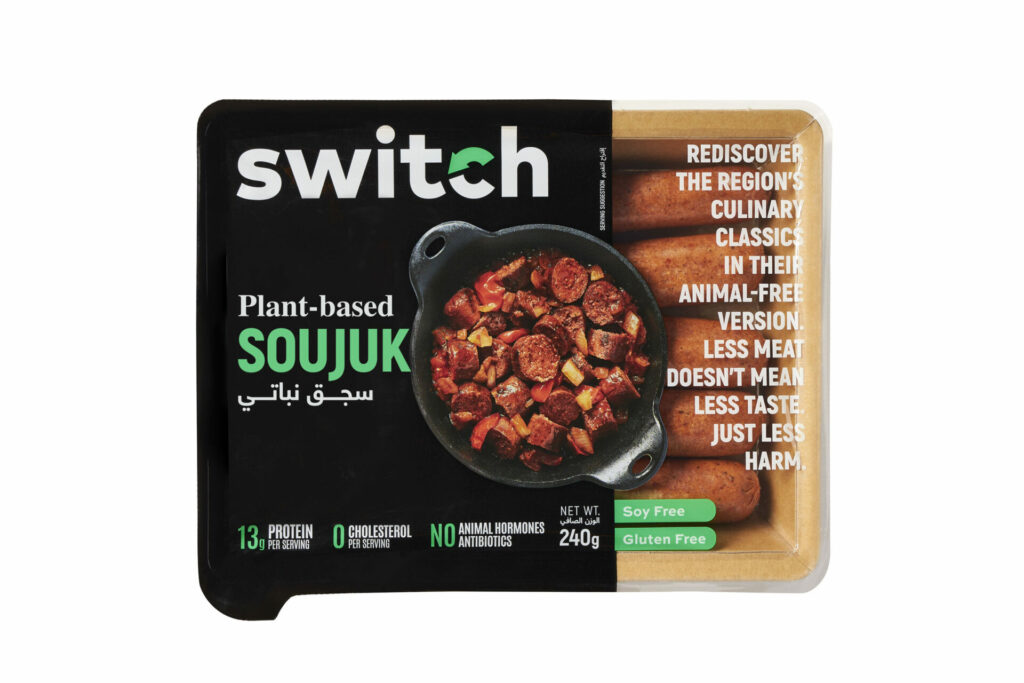
So today at Switch, we’re proud that when people try the product, they are like, “Oh wow. This is exactly what we’re used to. It’s not something new.” We don’t promote ‘vegan’ on our packaging, because unfortunately, like the harm that some companies did to our category, vegan food is associated with bad food.
‘The price of meat today is very cheap, because of all the subsidies. Tomorrow, if the price of meat jumps from $15, on average, to $60, or $70, or $100 – which is what it should be – people will love Switch so much more’
TE: Where are Switch products available in the UAE?
On the availability side, we are in almost all of the major retail platforms including Spinneys, Waitrose, Carrefour, Union Coop, Al Maya and Sharjah Coop. We’re on all major online platforms including Talabat, Careem, Noon and Kibsons. We have been able to convince the most prominent butchers in the region to use Switch. And when I say that, I am saying ti with pride.
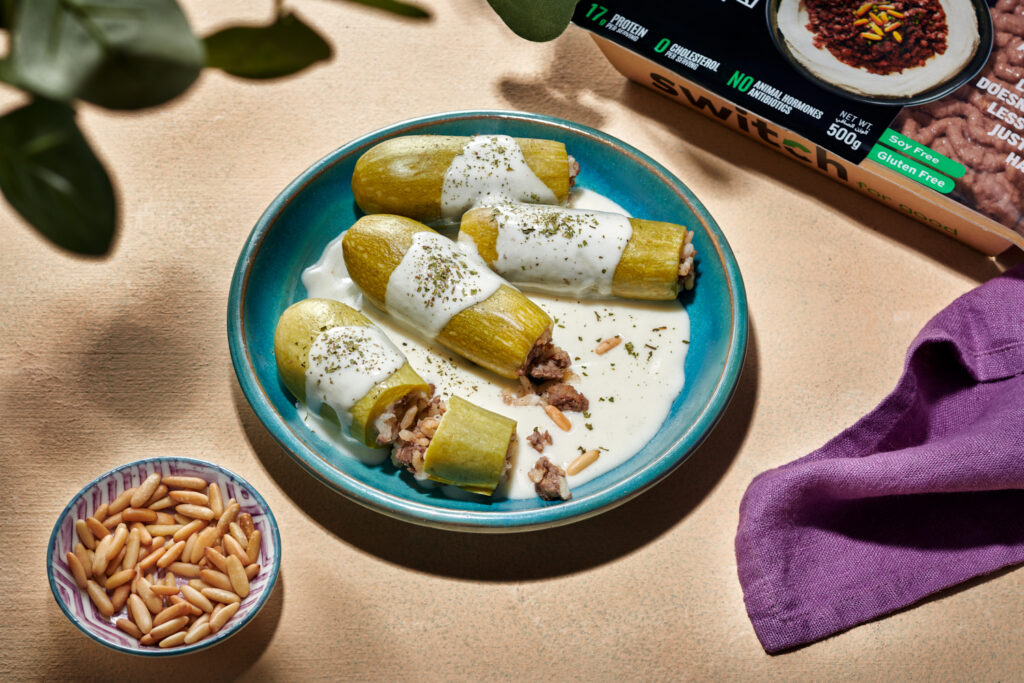
From October customers will see Switch kibbeh and Switch kebab on the menus of local Lebanese restaurant Al Safadi, for example. And, you know, I’m proud of them because they were open minded enough to explore, and to see. And at first, they had resistance, because it’s something that they’re very unfamiliar with. But when you explain to them the health proposition, and the sustainability proposition, they are so proud of their heritage, and they’re so proud of what the country has offered them, that if they are provided with a chance to do good, they will take it on. And that’s what they did.
TE: Is Meatless Meat the future of food?
100 per cent. A lot of people are going to resist because change is hard but the choice is no longer there. You are just postponing the inevitable. If today governments around the world remove a little bit of the subsidies that are embedded into the meat value chain, the price of meat will triple, and nobody will be consuming meat anymore, except the ultra, ultra rich.
The price of meat today is very cheap, because of all the subsidies that go to the seeds, and the crops, and the farmer, and the grower, and the slaughterhouse, and, and, and. Tomorrow, if the price of meat jumps from $15, on average, to $60, or $70, or $100, which is what it should be, people will love Switch so much more.







